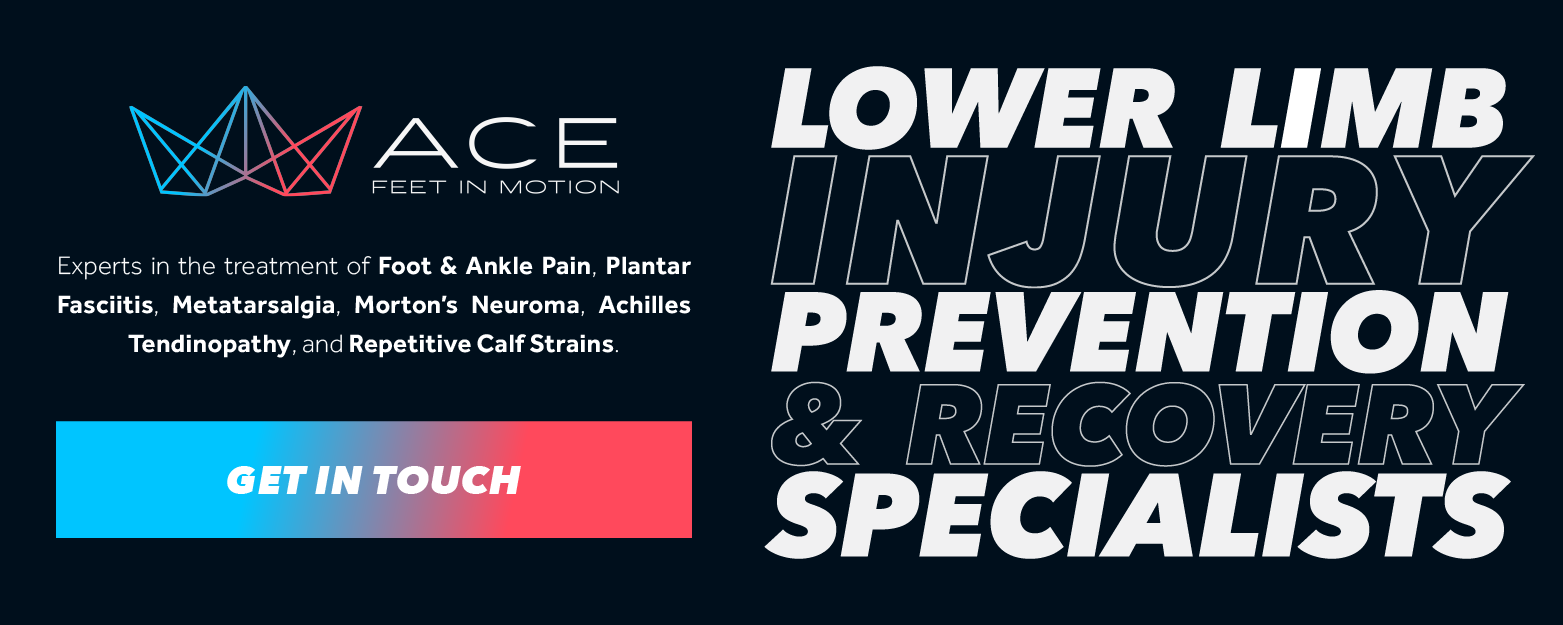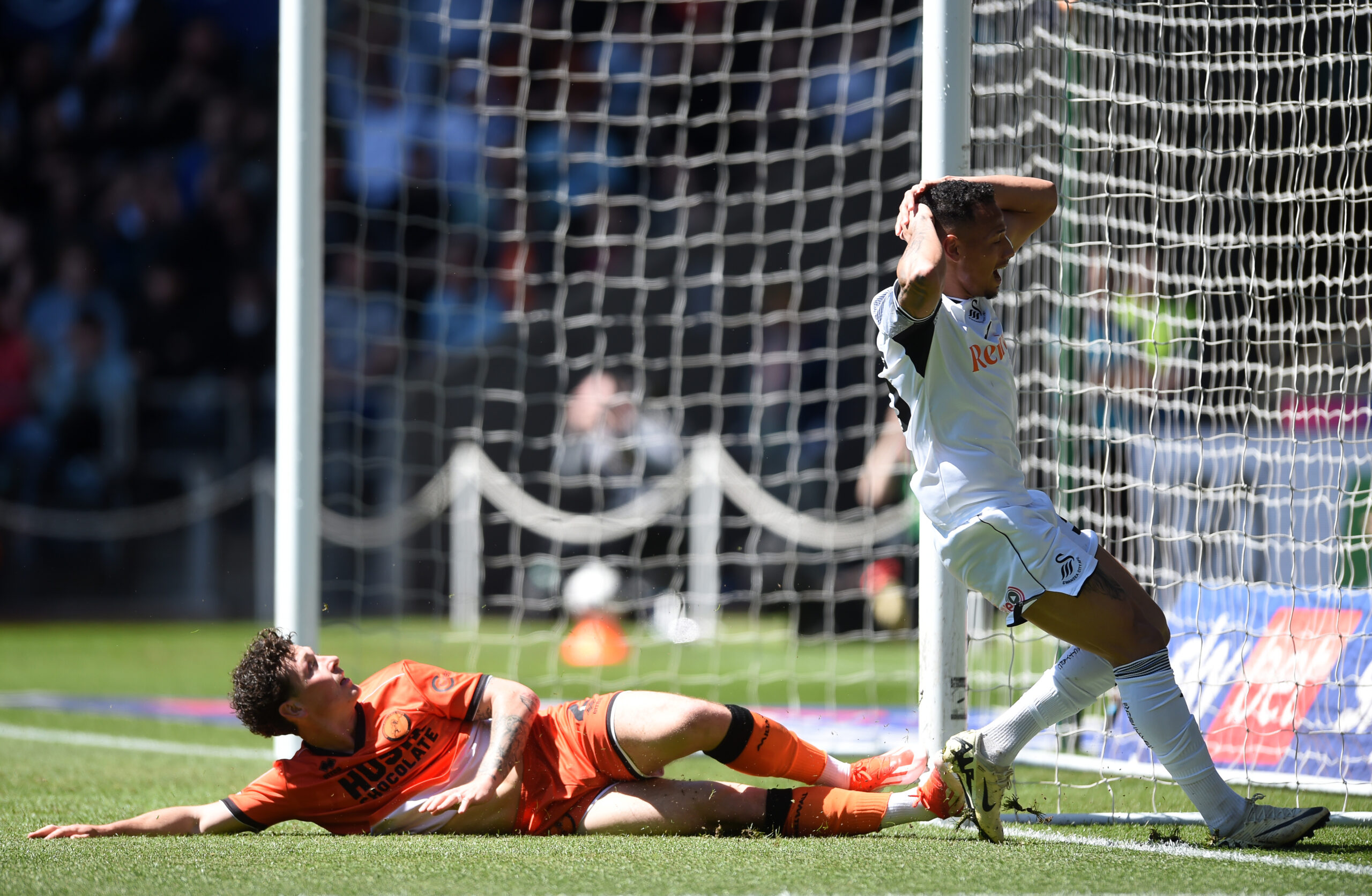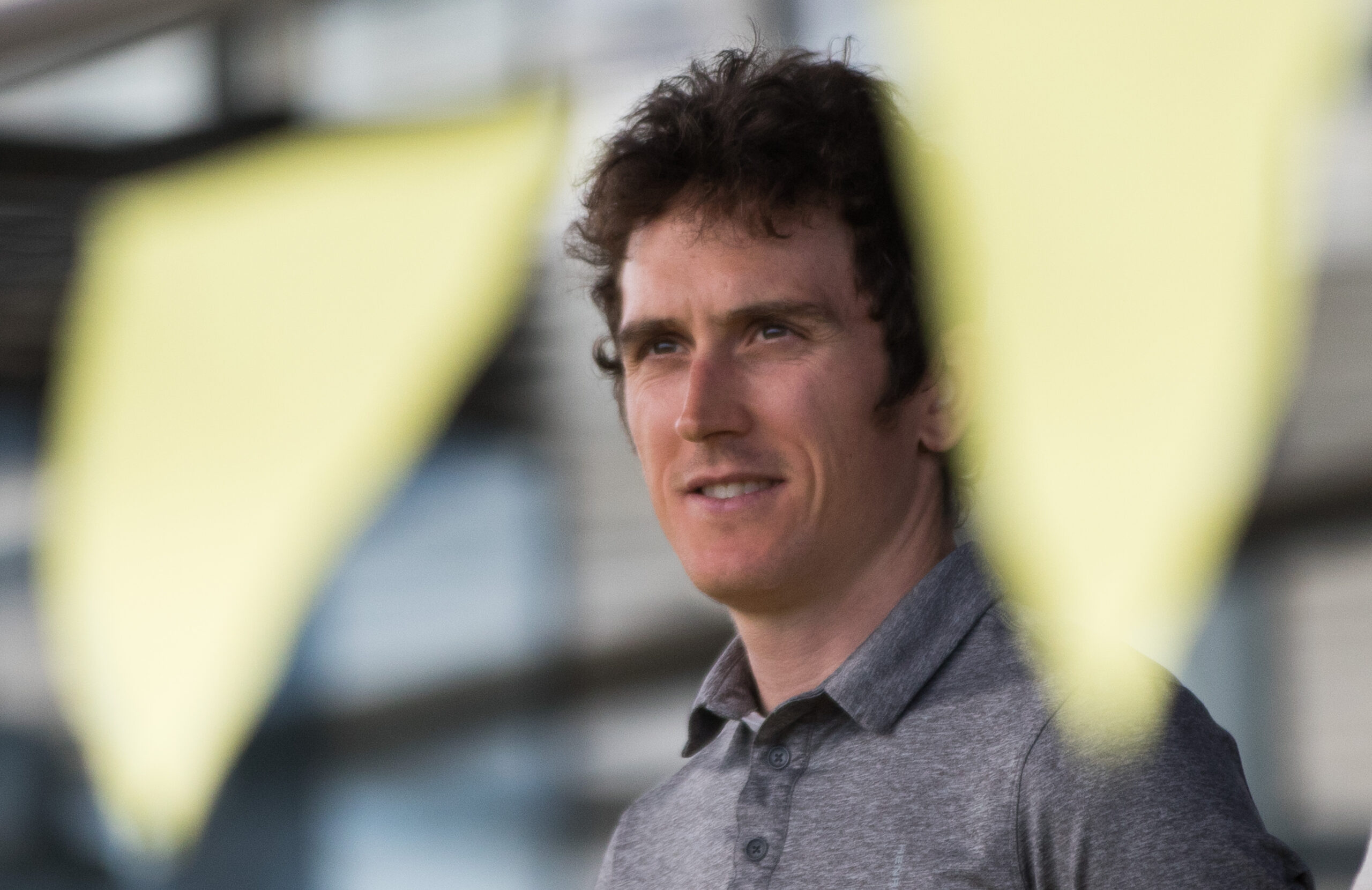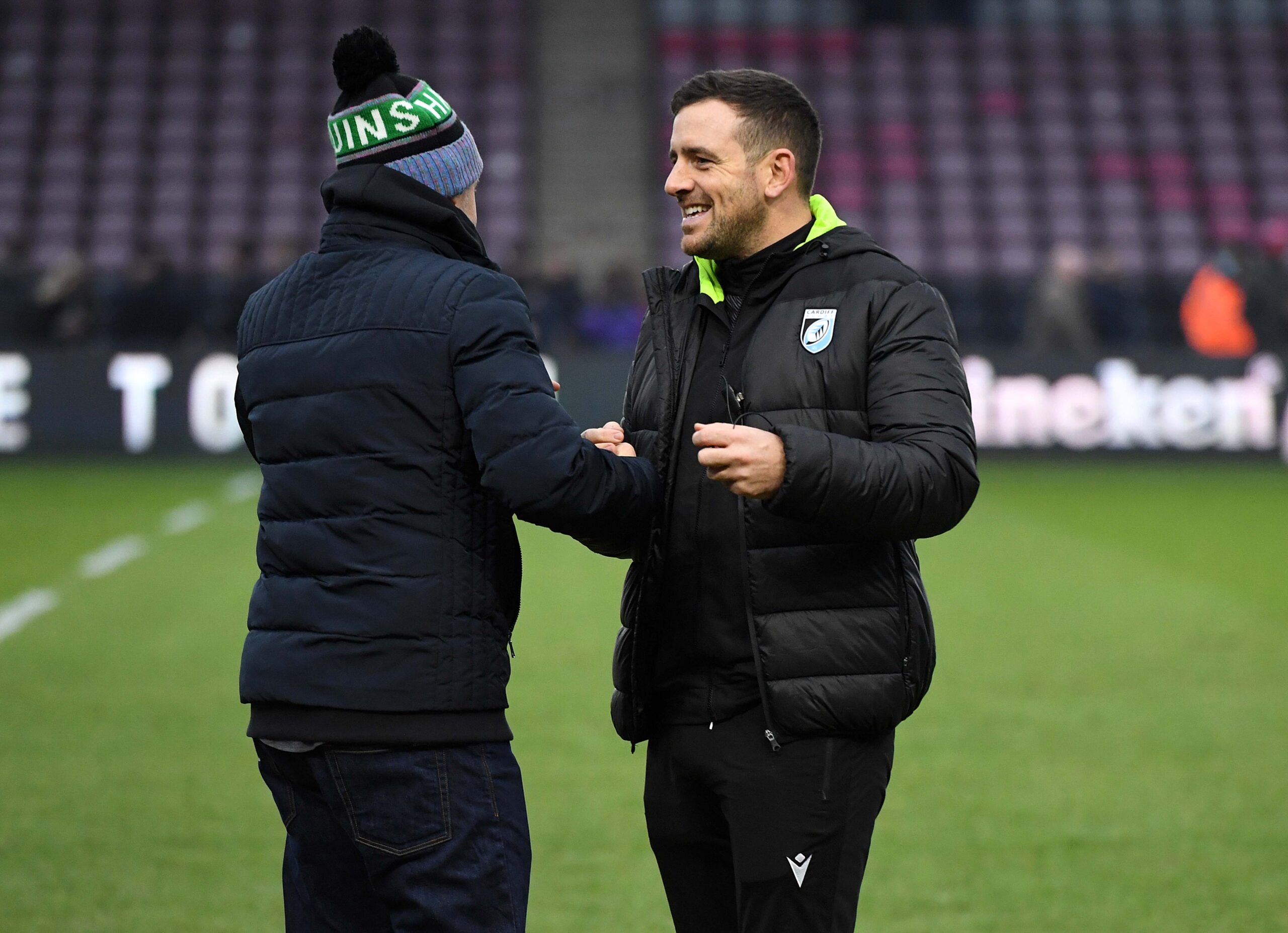Let’s Talk With Harri Morgan
From Whirlwind Debut to Personal Triumphs: An Inspiring Journey of Resilience and Growth
 In a brave revelation, Ospreys scrum half Harri Morgan recently opened up about his ongoing struggles with mental health when the 23-year-old Welshman announced that he would be taking a break from rugby to focus on his well being.
In a brave revelation, Ospreys scrum half Harri Morgan recently opened up about his ongoing struggles with mental health when the 23-year-old Welshman announced that he would be taking a break from rugby to focus on his well being.
In this Q&A, we delve deeper into Harri’s experiences with his mental health and his decision to step away from the sport he loves.
You were described as a rising star after you made your debut just after turning 18. What was it like for you and your family?
“It was a whirlwind experience, things happened pretty quickly for me. It was overwhelming at the time, but it was also exciting.
“There was a lot of expectation on me to perform, but I tried not to let that get to me. Going to the Ospreys and playing with some of the best rugby players in the world was a daunting experience, but the team welcomed me with open arms, so it was a smooth transition.”
You’ve been very open about your mental health challenges. What’s happened?
“When I was 16 or 17, I lost my grandparents suddenly, and that affected me a lot. They pretty much raised me, so I was with them a lot.
“At the time, I was lucky enough to be fit and healthy and didn’t have many injuries on the rugby pitch, so rugby was my escape from the grief.
“However, injuries hit me hard in 2021. It made me feel worthless to the team and the environment, and all those thoughts built up in my head.
“High stress levels caused me to suffer patches of hair loss. On February 5, I reached the lowest point of my life and regrettably, I took the decision to try to end it with an overdose. But I am proud to say that I am now medicated for my stress and anxiety.
“I can’t thank the Ospreys, my team-mates and of course my family and friends for the support they have shown me during this dark time.
“I’ve started my own business and constantly keep my mind busy. I’m learning new things every day, and I’m not afraid to talk. I’m connecting with a lot of different people, and many of them are opening up to me, saying they’ve been through similar things.”
Can you tell us more about the coping mechanisms that you have developed in the past couple of months to deal with your struggles?
“I’ve just been talking with different people and sharing stories. It’s okay, like you’re not the only one in this situation. Talking has definitely benefited me a lot. I’ve had a big change in routine.
“I try to stay off my phone more. I have the same routine every day, which includes getting my day started off in a positive way, rather than lying in bed until 9 or 10 o’clock, and then thinking about what I’m doing that day.
“So, I’m sort of up and trying to attack the day now, and it’s definitely benefited me, having that routine, a structure and consistency.”
You recently made the decision to go public with your personal struggles. Can you tell us about that decision and how you’ve found the reaction to it?
“It was definitely a difficult decision to make. I had been private about my personal life throughout my career, but I knew back in February that I probably wouldn’t be playing professional rugby in the short term.
“I was tired of having to come up with different excuses for why I wasn’t playing, so I decided to bite the bullet and go public with my struggles.
“It was a big step for me, but I’m thankful for the support and responses I’ve received. Hopefully, by sharing my story, I can help others who might be going through similar struggles.”
What have you been up to lately and what challenges are you pursuing?
“I’m always looking for new challenges. I’ve been taking on different charity events like the 10K for 31 days for the LooseHeadz Foundation.
“It’s about challenging myself physically, whilst travelling around different places, meeting new people, and getting different athletes involved in the challenge.
“People from different walks of life experience similar challenges to what I’ve gone through. It takes time to fully recover from injuries, physically and mentally.
“Even after you recover, you might not be back to 100%. But it’s important to keep going and to keep climbing the ladder towards recovery instead of falling back down. For me, it’s definitely taking time, but I’m on the right track.”













